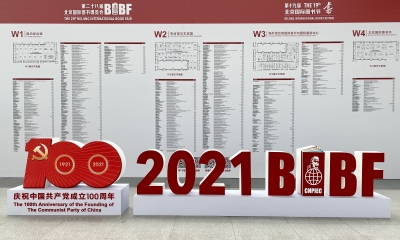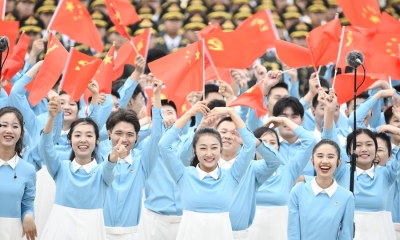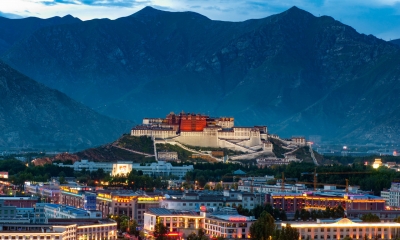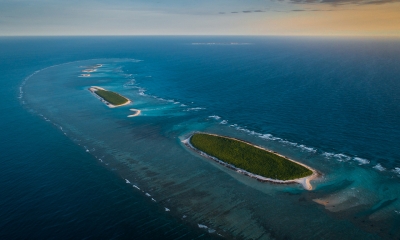How COVID-19 Could Change the World
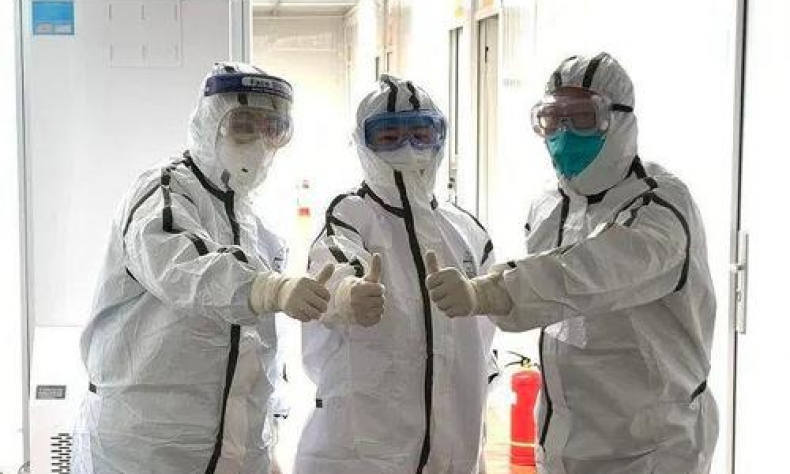
When the pandemic has passed, will we labour intensively in an attempt to resuscitate dead ideas of the past; or worse still, descend into a world of paranoid and hostile tribes? Or, will we instead act as a cooperative family of nations striving together for peace, equality and the betterment of mankind? History will surely judge us.
Milton Friedman famously said in 1982, “Only a crisis – actual or perceived – produces real change.”
For the influential US economist – who played a lead role in the transformation of Chile’s economic and political landscape following a military coup – a crisis has the ability to transform the once politically impossible into the politically inevitable.
“Only a crisis – actual or perceived – produces real change. When the crisis occurs, the actions that are taken depend on the ideas that are lying around. That, I believe, is our basic function: to develop alternatives to existing policies, to keep them alive and available until the politically impossible becomes politically inevitable,” he said.
Now the world is gripped by the largest crisis since the Second World War; policies – which only a couple of months ago were considered politically impossible – have quickly become politically inevitable.
When China enforced strict lockdown measures to prevent the spread of COVID-19, talking heads in the West cited the action as evidence of the Chinese government’s “authoritarian nature” and its “disregard for civil liberties”. Such draconian measures would never be implemented in Western democracies, they said.
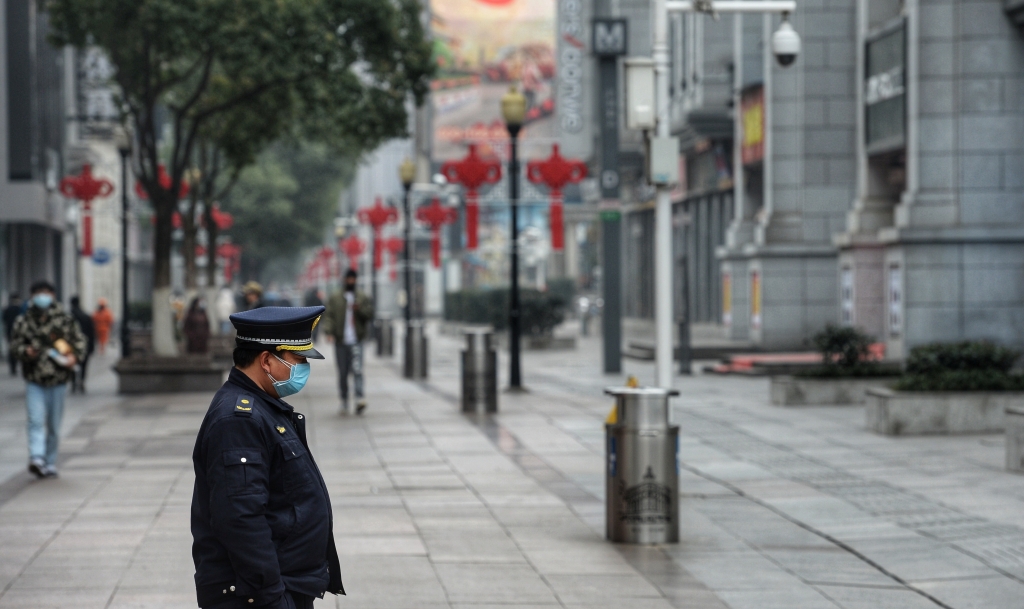 Two months later, the very same countries have implemented similar nationwide lockdowns and some have passed emergency legislation granting governments sweeping powers to enforce civil obedience.
Two months later, the very same countries have implemented similar nationwide lockdowns and some have passed emergency legislation granting governments sweeping powers to enforce civil obedience.
All faith in neoliberalism has been abandoned too. The United States – typically a great believer in the small State and a staunch defender of the free-market – has recently undergone a 180-degree transformation.
In March, US President Donald Trump signed into law a historic US$2 trillion stimulus package to aid individuals and businesses across America. “Key elements of the package include sending checks directly to individuals and families, a major expansion of unemployment benefits, money for hard-hit hospitals and health care providers, [and] financial assistance for small businesses,” report CNN.
The prospect that COVID-19 may irreversibly change the socio-political-economic landscape appears no longer to be in question. The all-important question being poured over by policy makers and thought leaders across Asia, Europe, the Americas and beyond is how COVID-19 will reshape domestic and international relations.
What will the world look like once the pandemic has passed?
Brave new world
Two theories – each informed by historical precedent – have emerged and offer a window into the possible futures that lie ahead. On the international level, one theory paints a picture of a paranoid and insular dystopian world, whilst the other imagines a more equal and cooperative family of nations.
For those in the pessimistic camp, a wave of xenophobic nationalism will wash over countries – drowning the gains made by globalization. Authoritarianism will flourish as panicked citizens look for a strong leader to protect them despite potentially incurring losses to civil liberties. And mass surveillance may be dramatically expanded as increasingly inward-looking populations prioritize safety over privacy.
Stephen Walt, professor of international relations at Harvard University, explains, “The pandemic will strengthen the state and reinforce nationalism. Governments of all types will adopt emergency measures to manage the crisis, and many will be loath to relinquish these new powers when the crisis is over.”
“In short, Covid-19 will create a world that is less open, less prosperous and less free,” he said.
Already, there is evidence of this new world emerging. Many governments have closed their borders and introduced controls on exports – particularly medical supplies.
The European Union announced on March 15 it was restricting exports of personal protective equipment (PPE), including surgical masks, face shields and gowns. India has banned the export of ventilators and sanitizers. And the US has been accused of “modern piracy” after reportedly blocking and diverting a shipment of N95 masks intended for German police.
 Human rights groups have also warned of a “creeping authoritarianism” as surveillance and police powers increase alongside a rising tide of xenophobia.
Human rights groups have also warned of a “creeping authoritarianism” as surveillance and police powers increase alongside a rising tide of xenophobia.
“Emergency declarations based on the COVID-19 outbreak should not be used as a basis to target particular groups or individuals,” read a statement from a group of United Nations-affiliated experts. “It should not function as a cover for repressive action under the guise of protecting health nor should it be used to silence the work of human rights defenders.”
As governments push through emergency powers there are growing concerns that such powers deemed temporary may be difficult to roll back.
“A primary concern is that if the public gives governments new surveillance powers to contain COVID-19, then governments will keep these powers after the public health crisis ends,” said Adam Schwartz, a senior staff attorney at the digital rights group Electronic Frontier Foundation. “Nearly two decades after the 9/11 attacks, the US government still uses many of the surveillance technologies it developed in the immediate wake,” he said.
Blessed new world
Those in the optimistic camp imagine a world coming together after the defeat of COVID-19. This theory proposes that as governments and people begin to acknowledge that as a species we share a collective destiny; greater cooperation and a spirit of international solidarity will flourish. Nations will reassess their priorities and devote more energy to multilaterally combatting global threats including pandemics such as this, environmental degradation and climate change. In wealthy Western democracies, levels of inequality could also be narrowed as governments are pressured into expanding societal welfare programs.
In the midst of the COVID-19 pandemic, examples abound of governments overlooking ideological differences in order to support those in most need. Both China and Russia have sent planes loaded with personal protective equipment and medical supplies to a host of countries including the United States. Cuba has also extended a helping hand beyond its socialist allies by sending a team of doctors and nurses to Italy’s worse hit region Lombardy.
On the world stage, China has long since advocated the building of a shared future for mankind and is a great believer in “win-win cooperation.” Chinese President Xi Jinping proposed this idea in his first address to the United Nations in 2015.
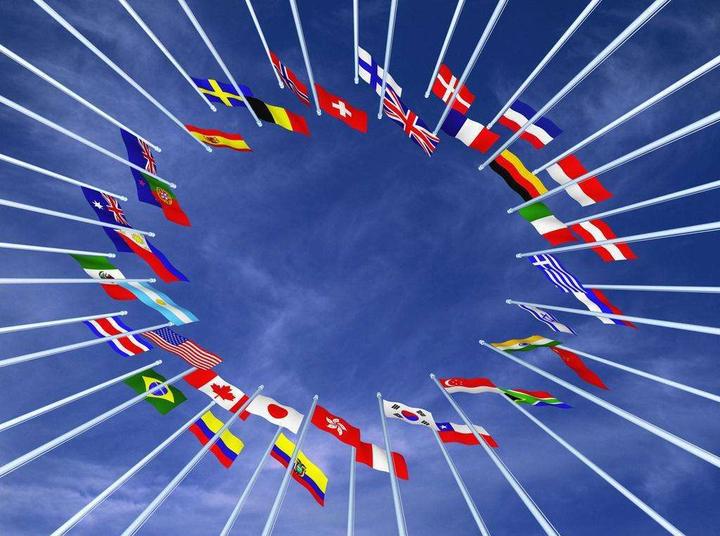 “We should renew our commitment to the purposes and principles of the UN Charter, build a new type of international relations featuring win-win cooperation, and create a community of shared future for mankind,” he said.
“We should renew our commitment to the purposes and principles of the UN Charter, build a new type of international relations featuring win-win cooperation, and create a community of shared future for mankind,” he said.
In a recent phone conversation with his Kazakh counterpart, President Xi noted that in the global battle against COVID-19, the urgency and significance of building a shared future for mankind becomes even greater.
World-renowned author and social activist Arundhati Roy, believes COVID-19 could transform international and societal relations for the better. “Historically, pandemics have forced humans to break with the past and imagine their world anew. This one is no different. It is a portal, a gateway between one world and the next,” she said.
“We can choose to walk through it, dragging the carcasses of our prejudice and hatred, our avarice, our data banks and dead ideas, our dead rivers and smoky skies behind us. Or we can walk through lightly, with little luggage, ready to imagine another world. And ready to fight for it.”
A watershed moment
With more than 3.9 billion people – or half the world’s population – under some form of lockdown, the COVID-19 pandemic has wrought havoc across the globe. Equally however, with societies on pause in such a way, it has also forced a unique moment of calm and contemplation.
“The COVID-19 pandemic serves as a global pause button, a watershed moment in history for all countries to reflect upon our current state of affairs and consider where they’re going and what they might do better. It’s an opportunity to make systemic wholesale improvements,” said Dr Osman Dar, director of the Global Health Programme’s One Health project.
Evidently, as a species we appear to be at an important cross roads in our journey. When the pandemic has passed, will we labour intensively in an attempt to resuscitate dead ideas of the past; or worse still, descend into a world of paranoid and hostile tribes? Or, will we instead act as a cooperative family of nations striving together for peace, equality and the betterment of mankind? History will surely judge us.
 Facebook
Facebook
 Twitter
Twitter
 Linkedin
Linkedin
 Google +
Google +




